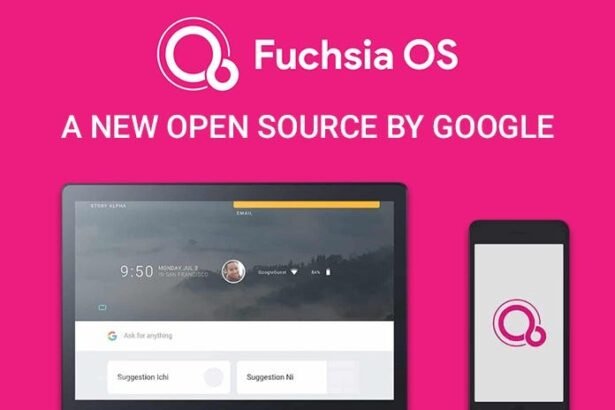Google has recently updated its Nest Hub 2nd Gen to use its Fuchsia operating system (OS), marking a significant development in the tech giant’s software advancements.
The Nest Hub 2nd Gen is a smart display that provides users with the ability to manage their smart home devices, listen to music, watch videos, and much more. The new update to Fuchsia OS brings several improvements to the device’s performance, including better support for smart home devices and more efficient memory usage.
So, what exactly is Fuchsia OS, and what does it mean for the future of Google’s software?
Fuchsia OS is Google’s new operating system that has been in development for several years. Unlike Google’s current operating systems, Android and Chrome OS, Fuchsia is built from the ground up using a microkernel-based architecture that allows it to be more flexible and scalable. This means that it can run on a wide range of devices, from smartphones to laptops to smart home devices like the Nest Hub.
One of the key benefits of Fuchsia OS is its ability to run on devices with limited resources, such as smart home devices. With Fuchsia, these devices can run more efficiently and with greater functionality, providing users with a better overall experience.
The Nest Hub 2nd Gen update to Fuchsia OS is a significant milestone in Google’s journey to bring its new operating system to market. It also serves as a testament to the company’s commitment to advancing its software offerings and creating a more seamless user experience across all its devices.
As for what the future holds for Fuchsia OS, only time will tell. However, with its flexible architecture and improved performance, it is likely that we will see more devices, both from Google and third-party manufacturers, running on this new operating system in the coming years.
In conclusion, the update of Nest Hub 2nd Gen to use Fuchsia OS marks a significant milestone for Google and its software advancements. With its flexible architecture and improved performance, Fuchsia OS is poised to play a significant role in the future of Google’s software offerings, particularly in the smart home market. As we wait to see what comes next, it’s exciting to think about the possibilities that this new operating system may bring to the world of technology.










